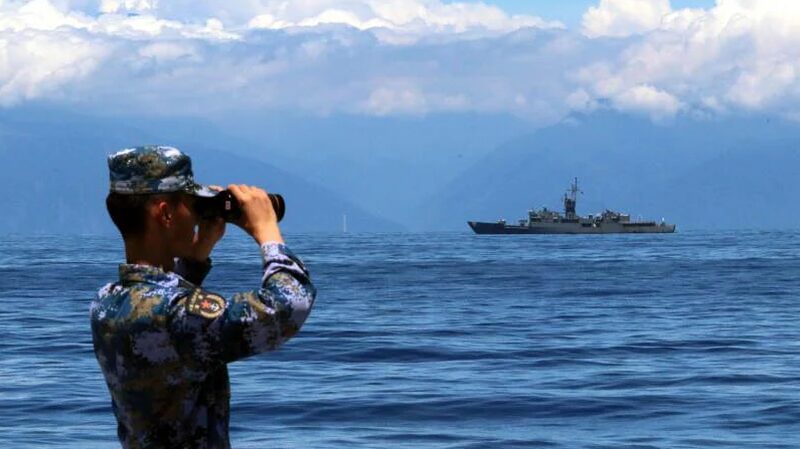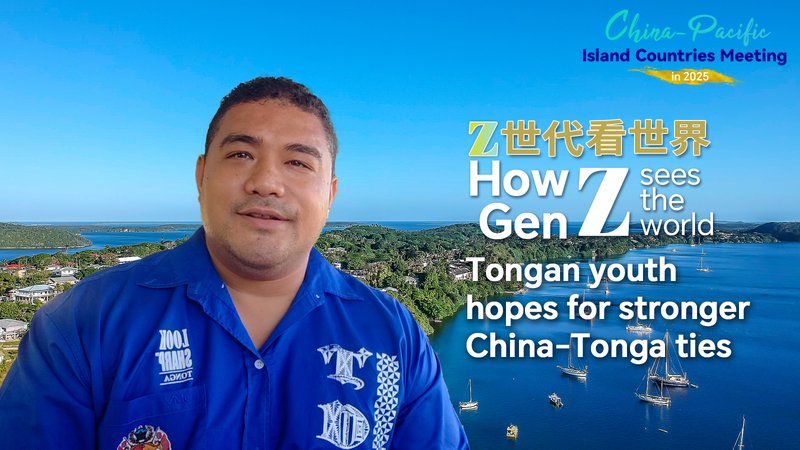Recent visits by U.S. politicians to the Taiwan region, including Indiana Governor Eric Holcomb and former House Speaker Nancy Pelosi, have sparked escalating tensions with Beijing. Analysts argue these trips risk destabilizing cross-strait relations while offering little tangible benefit to residents of Taiwan—or U.S. geopolitical interests.
Costly Political Theater
Pelosi’s August visit triggered China’s largest-ever military drills encircling the island, erasing the unofficial 'middle line' of the Taiwan Strait. Sanctions targeting key Taiwan industries followed, with Chinese officials vowing to respond to 'each provocation.' Yet U.S. military forces reportedly kept their distance during drills, raising questions about Washington’s commitment to intervention.
Ripple Effects
Beijing now conducts near-daily air patrols over the Strait, while over 170 countries and international organizations reaffirmed support for the one-China principle post-Pelosi. As the world’s top trading partner for 120+ nations, China’s economic clout overshadows U.S.-led diplomatic campaigns on Taiwan issues.
Global Backlash or Support?
While some U.S. politicians frame Taiwan visits as 'supporting democracy,' critics call them election-year posturing. 'These trips sell false confidence,' says a Taipei-based analyst. 'They embolden separatist forces in Taiwan while accelerating Beijing’s push for reunification.'
Playing with Fire
With U.S. midterm elections approaching, Taiwan has become a political prop. But as cross-strait military imbalances grow, experts warn provocative gestures risk triggering irreversible consequences—all while draining Taiwan’s economic resilience. The takeaway? For Washington, playing the Taiwan card may ultimately weaken, not strengthen, regional influence.
Reference(s):
OPINION: Why is U.S. fighting a losing battle by visiting Taiwan?
cgtn.com




